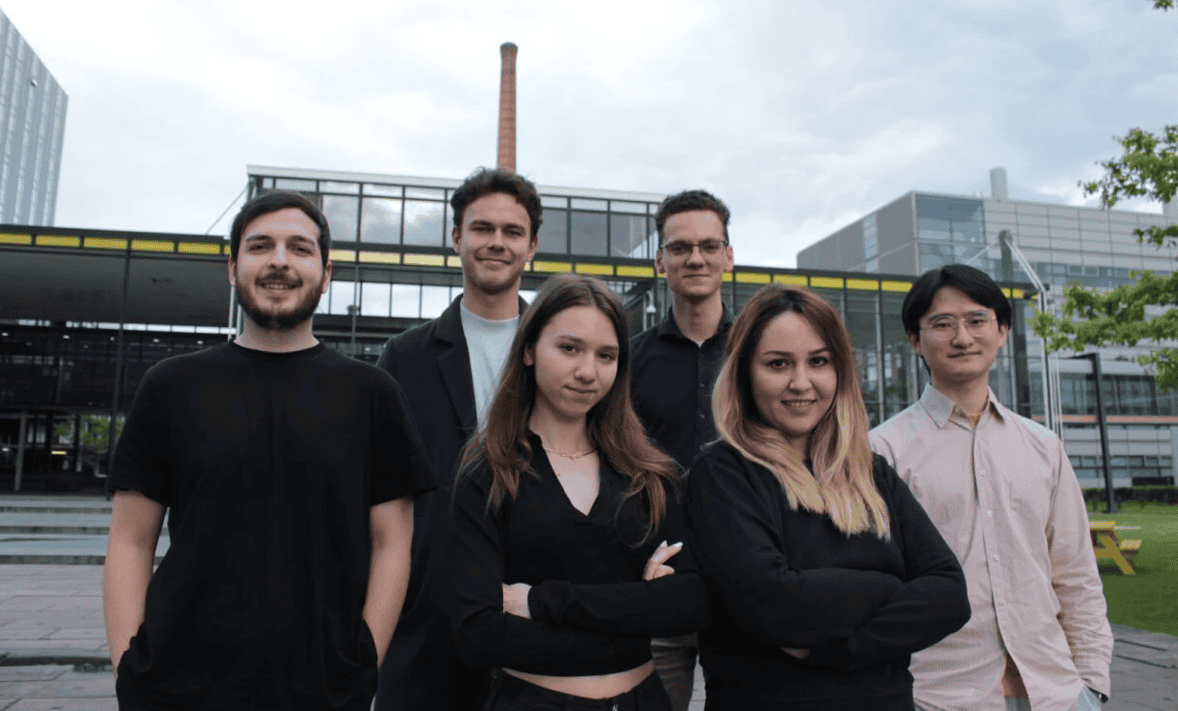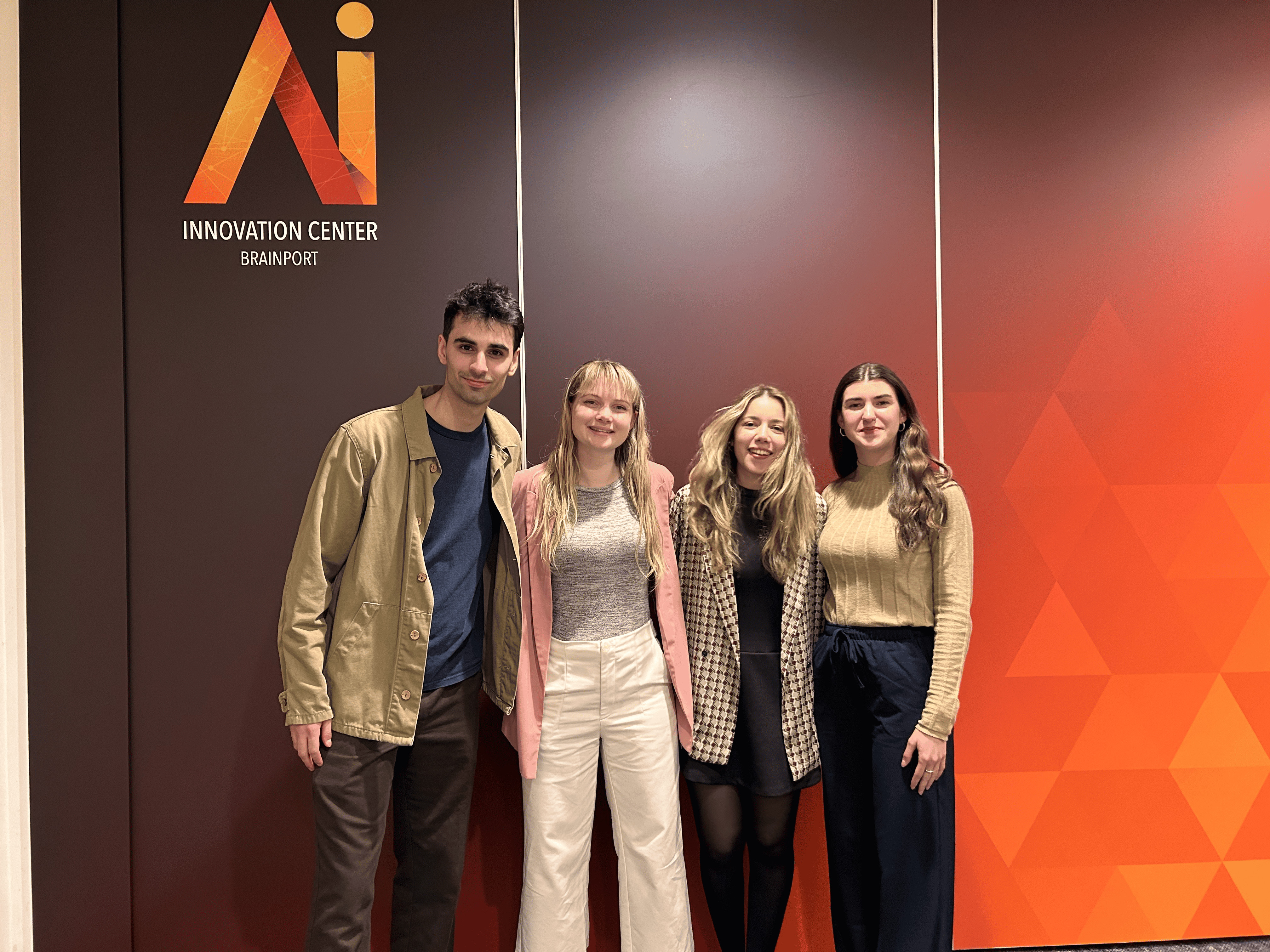
Groundbreaking research has revealed how personal taste influences creativity, suggesting that the more we value our ideas, the quicker we produce them. Results of this study led by Alizée Lopez-Persem have been published in American Psychologist. The study involving 71 participants demonstrated a direct link between the speed of idea generation and the level of appreciation for those ideas, pointing to subjective valuation as a key factor in the creative process. Furthermore, the research indicated that individual preference for originality or relevance can shape the creativity of concepts. The study also aims to define ‘creativity profiles’ and investigate cognitive exercises to nurture creativity.
- Groundbreaking research reveals the influence of personal preferences on creativity, accelerating idea generation when aligned with individual valuation.
- Distinct preferences for originality or relevance impact creative outputs, shaping the frequency and novelty of ideas.
- This understanding has far-reaching implications for AI development and the potential to customize creative environments in education and professional contexts.
The intricacies of subjective valuation
The study by Alizée Lopez-Persem and her team delved into the realm of subjective valuation, a term referring to how much an individual values their ideas. The research findings suggest that our personal preferences play a pivotal role in shaping the creative process. This aspect of creativity, often overlooked, now emerges as a fundamental factor that energizes and guides the generation of creative ideas.
By examining the speed of idea generation amongst the 71 participants, the research unveiled a significant relationship between the pace of producing ideas and the individuals’ appreciation of those ideas. Ideas that resonated with the participants’ personal preferences were generated faster, indicating that subjective valuation serves as a driving force in the creativity process.
Originality vs relevance: A balance of preferences
Another key finding of the research is the influence of individual preferences on the creativity of concepts. The study found that participants’ predilections towards originality or relevance can shape their creative output. Some individuals showed a proclivity for originality, while others sought a balance between originality and relevance. Notably, individuals who favoured originality tended to produce less frequent but more creative ideas. This discovery highlights the need to consider personal inclinations when fostering creativity, as these preferences can significantly influence the quality and novelty of our concepts.
These findings suggest that the mechanics of creativity are not as elusive as previously thought and can be modelled and predicted. The researchers managed to develop a computational model that accurately predicts the speed and quality of human creative responses, as well as variations in creative abilities amongst individuals.
Implications for AI systems
Understanding the role of subjective valuation in creativity has implications far beyond the realm of psychology. This newfound knowledge can significantly inform the development of artificial intelligence (AI) systems. By incorporating mechanisms that value and select ideas based on individual preferences, AI systems could be designed to produce more relevant and appreciated creative outputs.

Generative AI, which involves machine learning algorithms that create new content based on training data, could benefit from understanding the cognitive exercises that nurture creativity. This could enhance the quality of AI-generated content, making it more resonant and relatable to human experiences. The research could also help to address concerns in creative industries about the potential impact of AI on human creativity, as it provides insights into how human creativity operates and can be nurtured.
Defining creativity profiles
The research also aims to define creativity profiles – the specific characteristics and preferences that drive creative individuals. These profiles could potentially be used to tailor creative environments and develop cognitive exercises that nurture creativity.
Understanding what influences idea generation and the role of subjective valuation could lead to targeted interventions to enhance creative thinking. This knowledge could be applied in educational settings, professional development programs, and even in the design of work environments to stimulate creativity and foster a culture of innovation.








